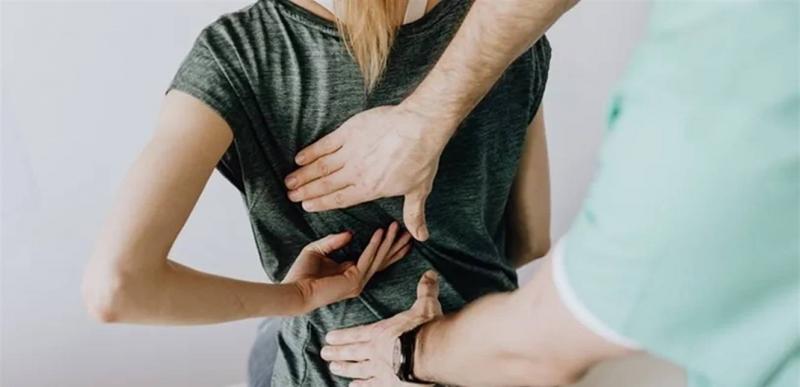Many people are accustomed to cracking their back or even their neck for the sake of feeling relief, especially when they hear the cracking sound, raising questions about the safety of this action. William Kimo, a neurosurgeon at the Virginia Spine Institute, explained that when you extend or move your spine, such as twisting or bending, the pressure within the joint changes. Kimo added that this action can cause a sudden release of gas bubbles, resulting in the cracking sound.
Kimo noted that people often crack their backs or necks out of habit or to temporarily relieve tension or stiffness.
Effects of Cracking the Back
While cracking can release endorphins (the chemicals that promote feelings of happiness) for temporary relief, it does not address the source of the tension, according to Tori Hartline, a chiropractic specialist at Sunlife Chiropractic in Frisco, Texas. Hartline warned that cracking or popping could lead to injury, stating, "Chiropractors are trained to find specific areas in the spine and perform targeted adjustments to reduce tension and improve range of motion."
Hartline explained: "When someone tries to crack their back or neck, the parts that release gas are the hypermobile areas, as opposed to a restricted area. The joints above and below the restricted area will move more to compensate, so this cracking does not solve the problem; instead, it can lead to further injury."
She noted that the consequences of cracking your back or neck can include hypermobility of the joints, twisting, or strain due to taking the joint beyond its proper range of motion, and in severe cases, could result in fractures if excessive pressure is applied.
Kimo agreed, warning that cracking your back could cause unnecessary wear on your spine. He added, "This could lead to strain on the muscles and ligaments surrounding the spine, potentially causing injury or exacerbating existing issues."




